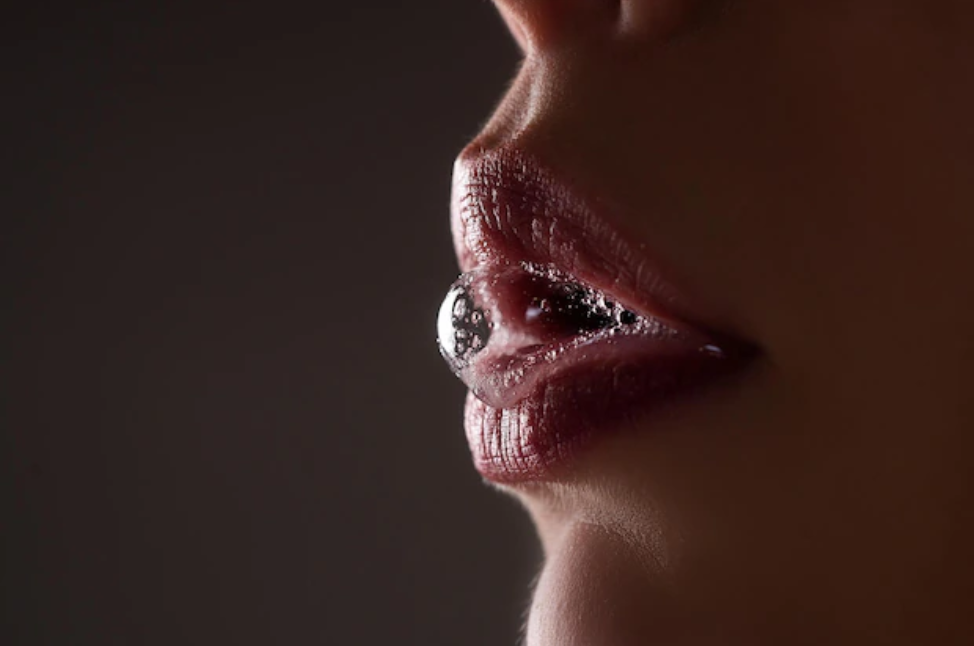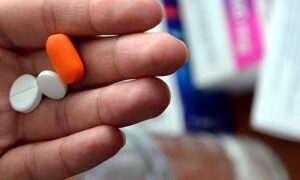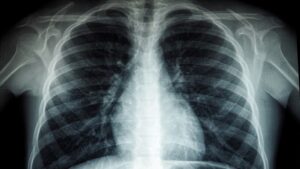[ad_1]
Saliva may seem like a harmless addition to your own natural lubrication, but according to research, people prefer saliva to lubricants (study published in 2022 in Sexual and Reproductive Health Matters).
However, saliva isn’t considered a good alternative to use during vaginal or anal sex if you or your partner don’t have any lube on hand — and here are a few reasons why:
The use of saliva can increase the risk of transmitting sexually transmitted infections (STIs) between partners. Any STD in the throat or mouth can be transmitted to the genitals through saliva. For example, a person with herpes can transmit the STD to their partner during vaginal, anal, or oral sex. 2 Two of the ways genital herpes is transmitted include contact with the saliva or skin in the oral area of someone with an oral herpes infection. So if a person or their partner had active herpes, using saliva for lubrication could lead to the transmission of genital herpes. Even if you don’t see cold sores on or around a person’s mouth, the virus can be contagious. Cold sores aren’t the only oral STD you could contract. Gonorrhea, chlamydia, HPV, syphilis and trichomoniasis can also be transmitted to the genitals through saliva. And like herpes, these infections may have no symptoms.
Although saliva may always be available to you, it should not be used as a lubricant during sexual activity. It is possible for STDs, such as herpes or syphilis, to be transmitted through saliva, and saliva can lead to vaginal infections or irritations.
The bacteria in your saliva is very different from the bacteria in your vagina. Saliva also contains digestive enzymes that break down food. When you introduce these bacteria and enzymes into your vagina, the result can disrupt your vaginal microbiome and make you prone to developing a yeast infection or bacterial vaginitis. Both of these treatable infections develop when the balance of yeast and bacteria naturally present in the vagina is thrown off. In addition, saliva can sometimes trigger an inflammatory process that leads to itching and burning, according to a bulletin published in 2020 in the journal Obstetrics and Gynecology.
Even if you remove the risk of contracting an STD or vaginal infection, saliva is still not recommended. It has no inherent properties that would make it a good lubricant. It doesn’t help with slippage, it evaporates and dries faster, and besides, it’s irritating. Personal lubricants, on the other hand, are designed to create lubrication that closely resembles the lubrication your body produces. The lubricity creates a “gliding” sensation, which helps reduce friction. Friction can cause small cuts or tears in the vagina or anus, which, in addition to being painful, can allow harmful germs to enter the body – something you definitely don’t want.
Saliva does not have the same properties as a lubricant because it dries faster than lubricants and is less slippery. Therefore, it is best to have lubricants available (made with water or silicone) to use instead of saliva.
[ad_2]
Source link






